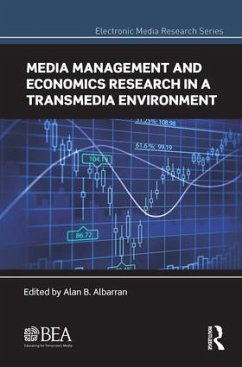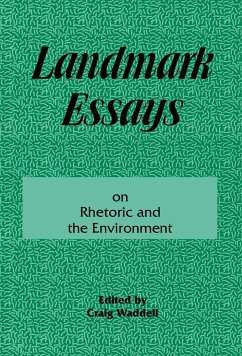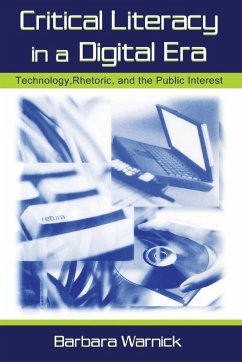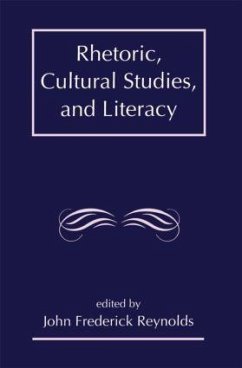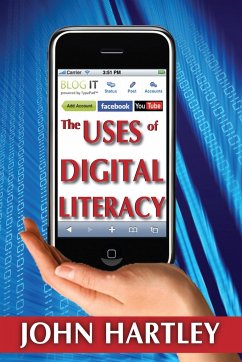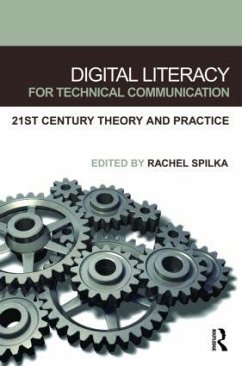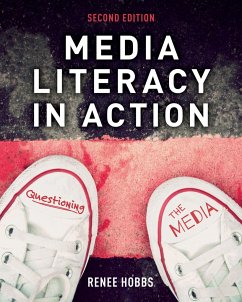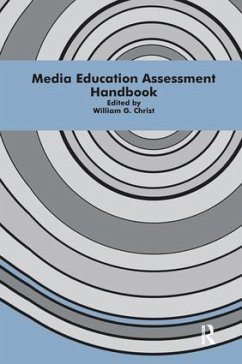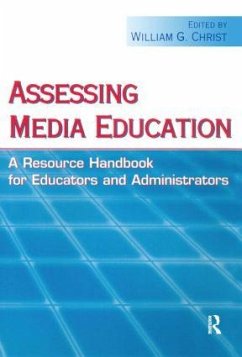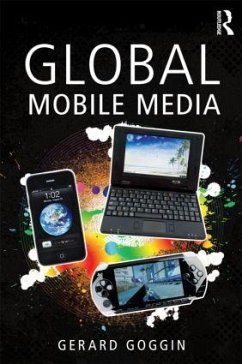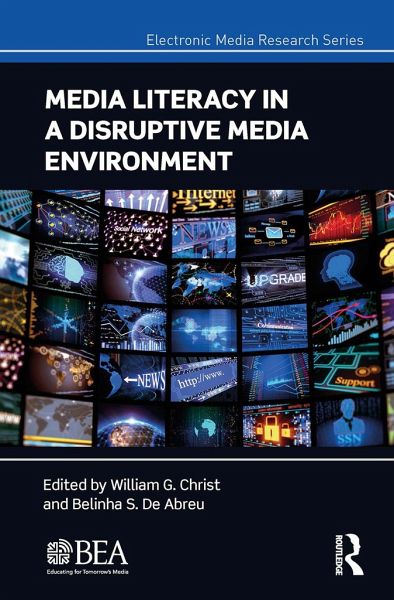
Media Literacy in a Disruptive Media Environment
Versandkostenfrei!
Versandfertig in 1-2 Wochen
56,99 €
inkl. MwSt.
Weitere Ausgaben:

PAYBACK Punkte
28 °P sammeln!
This book, part of the BEA Electronic Media Research Series, brings together top scholars researching media literacy and lays out the current state of the field in areas such as propaganda, news, participatory culture, representation, education, social/environmental justice, and civic engagement. The field of media literacy continues to undergo changes and challenges as audiences are reconceptualized and reconfigured, media industries are transformed and replaced, and the production of media texts is available to anyone with a smartphone. The book provides an overview of these. It offers reade...
This book, part of the BEA Electronic Media Research Series, brings together top scholars researching media literacy and lays out the current state of the field in areas such as propaganda, news, participatory culture, representation, education, social/environmental justice, and civic engagement. The field of media literacy continues to undergo changes and challenges as audiences are reconceptualized and reconfigured, media industries are transformed and replaced, and the production of media texts is available to anyone with a smartphone. The book provides an overview of these. It offers readers specific examples and recommendations to help others as they develop their own teaching and research agendas. Media Literacy in a Disruptive Media Environment will be of great interest to scholars and graduate students studying media literacy through the lens of broadcasting, communication studies, media and cultural studies, film, and digital media studies.





